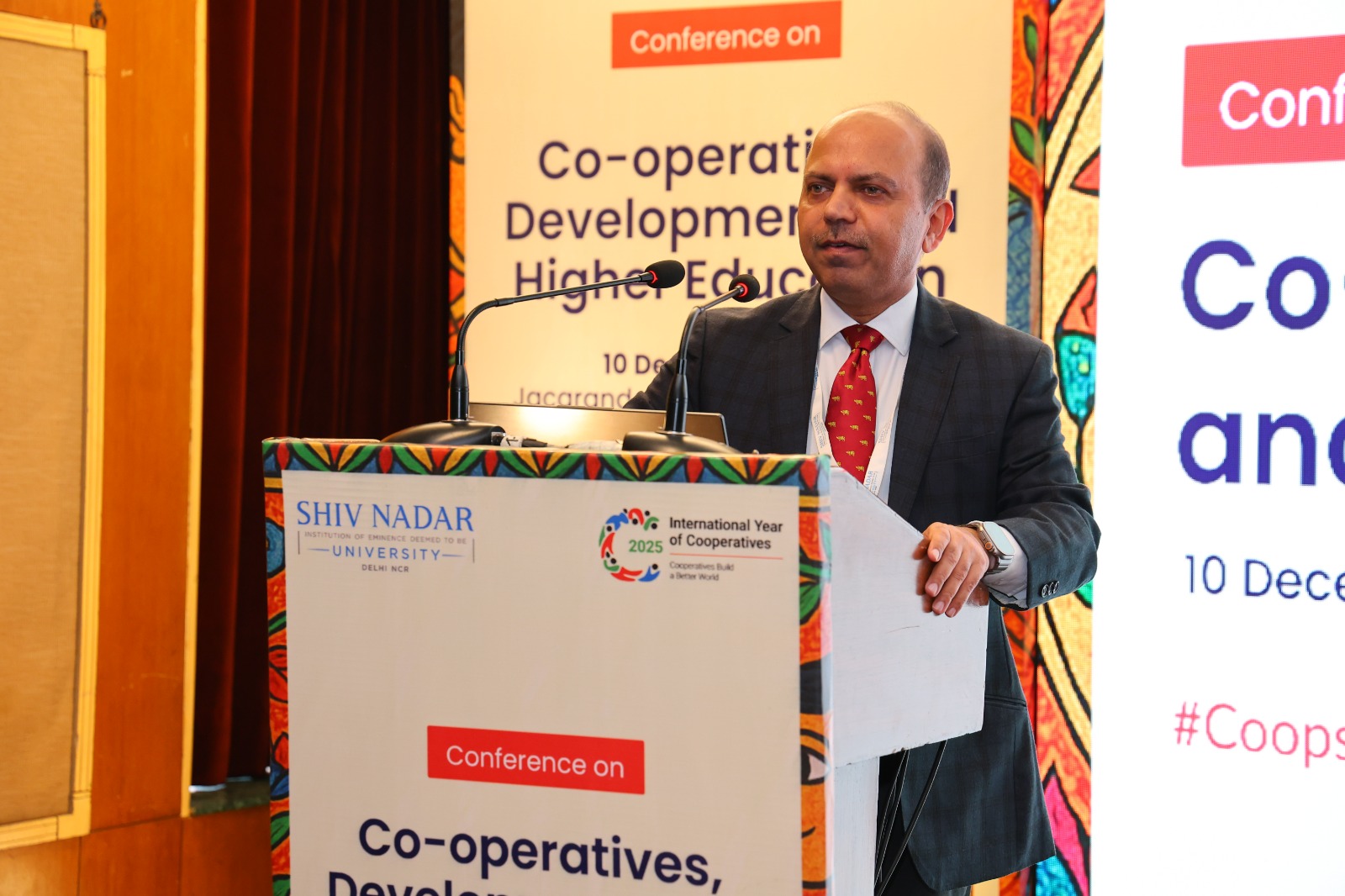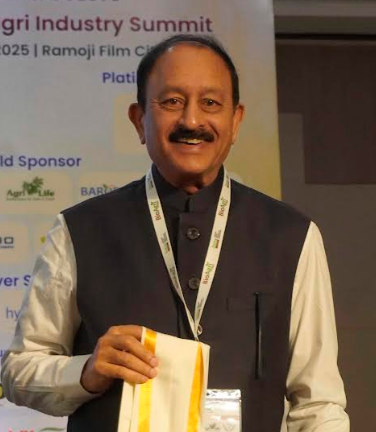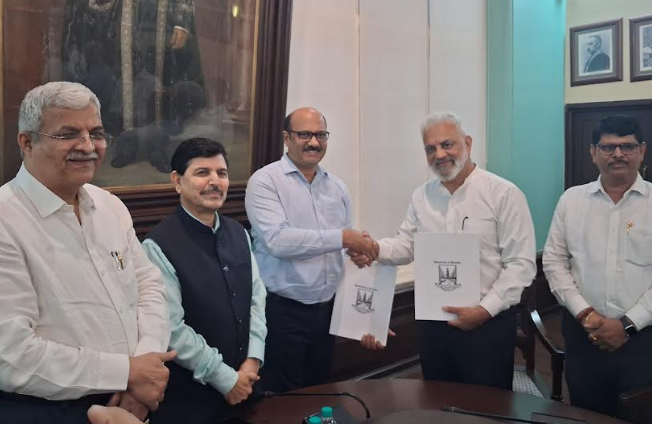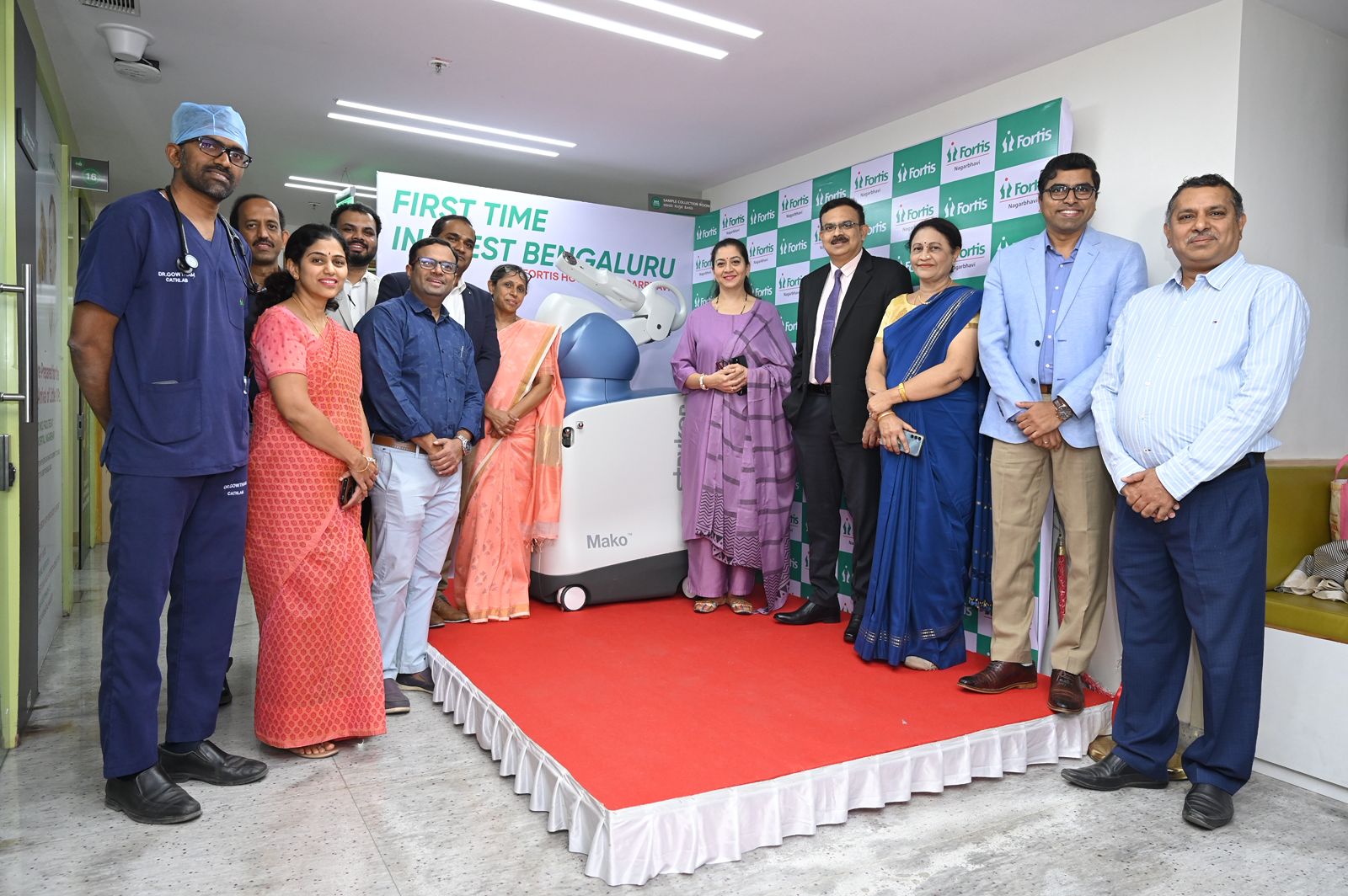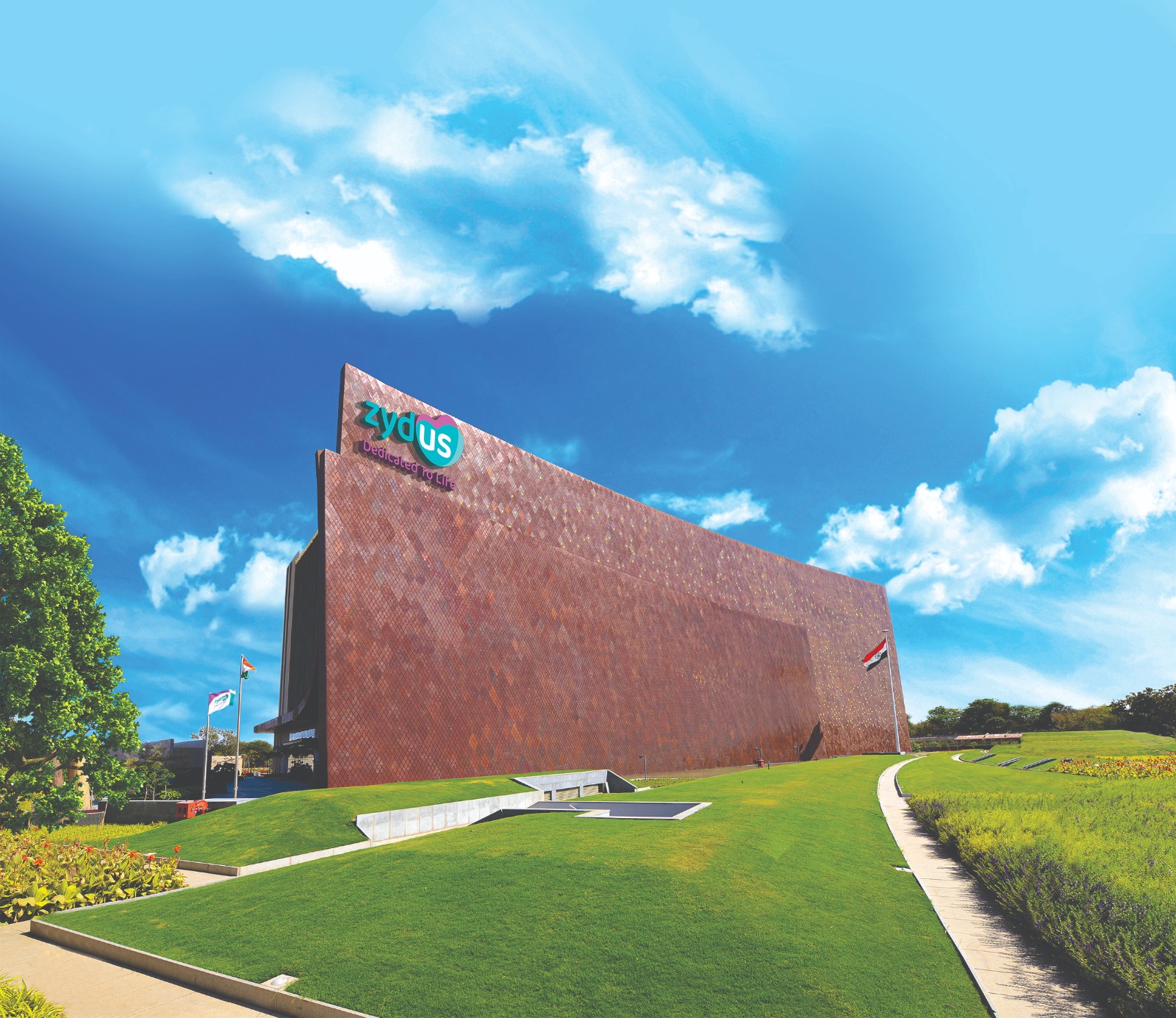Lenovo today announced an expansive series of new data storage, virtualization solutions and data management services, designed to help customers modernize their IT and data infrastructure for powering enterprise applications and AI ready capabilities. Today’s new offerings include new Lenovo ThinkSystem and ThinkAgile data storage and virtualization solutions, announced in tandem with data management services. Designed to provide a modern foundation for enterprises and mid-size businesses achieving AI innovations, this announcement combines complementary hardware, software and services offerings to help deploy, manage, and unleash the true potential of enterprise data.
Sixty-three percent of organizations either do not have or are unsure if they have the right data management practices for AI, according to a survey by Gartner ®.1 Customer unique data is the differentiation that will drive their competitive advantage and most accurate results, however 80% of storage deployed in the last 5 years is on slower hard drive-based storage (according to IDC reporting) that is not optimized for AI. At the same time, customers are challenged with new virtualization and containerization requirements that demand open solutions. Businesses must mitigate this risk by ensuring their enterprise data systems and practices are modernized for advanced use cases.
“With rapid shifts in virtualization and the growing demand for AI-ready data, many organizations are looking for open, modern infrastructure that can support both. Lenovo’s new storage solutions and services provide that foundation by improving performance, security, and operational simplicity,” said Sumir Bhatia, President, Asia Pacific, ISG, Lenovo. “These offerings help customers prepare their data, streamline deployment, and extract more value from their existing environments as they advance their AI strategy.”
“Enterprises in India are moving from experimentation to scaled AI adoption, but many are still constrained by legacy data environments. With our new storage and virtualization solutions, we’re helping customers eliminate these bottlenecks and build a more secure, efficient, and flexible foundation for AI outcomes. Our priority is simple – give customers the agility to modernize at their pace and turn their data into real business impact”, said Amit Luthra, Managing Director – India, Lenovo ISG.
Flexibility and Choice for Virtualization and Data Needs
Businesses today need the efficiency and cyber resiliency of their systems to run parallel to performance, simplicity, and scalability with an option to deploy on-prem and hybrid so that the data can stay in place for compliance while AI workloads run where appropriate. Lenovo has introduced new Lenovo ThinkSystem and Lenovo ThinkAgile Enterprise offerings optimized or AI, virtualization and storage bottlenecks, including:
- Lenovo ThinkSystem DS Series Storage Arrays: All-flash and protected Storage Area Network (SAN) block storage systems that are simple to deploy and manage for virtualized environments, improving performance and efficiency for virtualization and data modernization.
- Lenovo ThinkAgile FX Series: Hyperconverged Infrastructure (HCI) that delivers an open architecture that supports seamless conversion between select HCI solutions without replacing hardware, delivering maximum investment protection and flexibility.
- Lenovo ThinkAgile MX Series for disaggregated storage for Microsoft Azure Local: As a hyperconverged infrastructure (HCI) integrated appliance provider with Microsoft, we are expanding support for disaggregated external Fibre Channel Storage Area Networks (SAN to deliver greater enterprise storage support for virtualization customers.
- Lenovo ThinkAgile MX Series with NVIDIA RTX Pro 6000: Integrated next generation GPU support to power advanced AI performance capabilities for enterprise inferencing with Microsoft Azure Local.
- Lenovo ThinkAgile HX Series for AI Lenovo’s HCI offering features Nutanix Enterprise AI (NAI) software stack to enable customers running in virtualized and distributed containerized environments to deploy, run, and scale AI models in minutes.
Complete Lifecycle Services Optimized for Advanced Workloads including AI
To help customers fully realize the benefits of their new systems and prepare their data for AI, Lenovo is extending this momentum with a broad portfolio of hybrid cloud and data lifecycle services. These offerings modernize environments, strengthen reliability, and support evolving storage and AI workload demands. This includes Lenovo Deployment Services for ThinkAgile and ThinkSystem to accelerate time to value, along with flexible storage services available individually or through Lenovo TruScale to enhance performance and agility across the data lifecycle.
To guide long-term strategy, Lenovo’s Hybrid Cloud Advisory Services help organizations align on-prem and hybrid environments with compliance, data protection, and operational goals, while Lenovo Migration Services optimize data and workloads by combining cloud flexibility with existing infrastructure.
As part of the expanded Data Management Services portfolio, Lenovo Premier Enhanced Storage Support provides storage-focused, expert-led assistance for critical workloads. With proactive monitoring, performance optimization, and guided issue resolution, customers gain the resilience and protection needed to support AI innovation and hybrid cloud growth.
